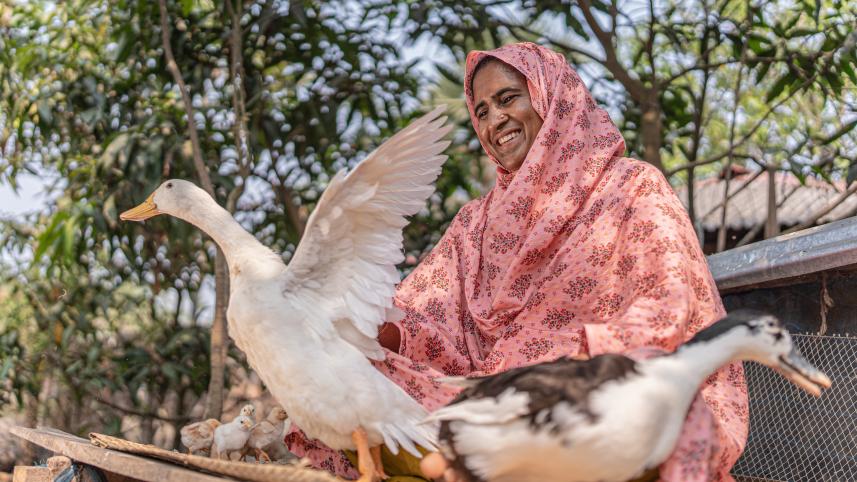Europe restarts AstraZeneca jabs

Several European countries resumed AstraZeneca vaccinations yesterday after an all-clear from EU regulators, as US President Joe Biden was set to meet his goal of having 100 million Americans inoculated weeks ahead of schedule.
Worries that AstraZeneca's Covid-19 vaccine may cause blood clots have seen countries from Venezuela to Indonesia pause its use in recent days, a setback for the drive to vaccinate populations against a virus that has killed nearly 2.7 million people.
Germany and Italy, both of which are attempting to fight off a third wave of the coronavirus, announced they were using the jab again as of yesterday after the European Medicines Agency said it was "safe and effective".
Other European countries including the Netherlands, Spain and Portugal are also ending their suspension, while in Asia, Indonesia said it would follow suit.
Denmark, Norway and Sweden are yet to bring the jab back into use, pending further review.
The World Health Organization was due to publish the conclusions of its own safety assessment yesterday, after repeatedly encouraging countries to continue using it.
AstraZeneca's shot had been billed as a game-changer as it is cheaper and easier to store than some of its rivals, making it more accessible to poorer nations.
It is a vital part of Covax, the global drive to ensure an equitable distribution of vaccines.
The vaccine was also brought back into use in France yesterday -- but just hours later, the national health regulator recommended it should only be given to people aged 55 and over, given the reported blood clots were only seen in younger people.
Prime Minister Jean Castex -- who is himself 55 -- received an AstraZeneca dose in a bid to reassure citizens that it is safe.
Around a third of France's population will enter a new month-long, limited lockdown from today, after the country recorded its highest new caseload in nearly four months.
Non-essential businesses will close in Paris and other areas hit by the new restrictions, mainly in northern France, although schools will stay open.
In neighbouring Germany, infection rates are once again rising exponentially.
Lars Schaade, vice president of the Robert Koch Institute for infectious diseases, said there were grim signs of a return to a situation of "many severe cases and deaths, and hospitals that are overwhelmed".
Meanwhile, India's financial capital Mumbai is facing a second wave of Covid-19 infections that could overwhelm its health facilities, doctors said yesterday, after a record daily increase in cases in its home state Maharashtra.
Maharashtra authorities were meeting to draw up stricter guidelines to contain crowding, officials said, as a wholesale reopening of businesses last month brought back millions of people to the world's busiest urban rail network in Mumbai and to cinemas and malls, reports Reuters.Meanwhile, use and production of Russia's Sputnik V vaccine has also been ramping up, with the Philippines becoming the latest country to give it the green light yesterday, and Indian drugmaker Stelis Biopharma signing on to produce 200 million doses.
And in the United States there was cause for celebration as medics prepared to administer the nation's 100 millionth vaccine dose.




 For all latest news, follow The Daily Star's Google News channel.
For all latest news, follow The Daily Star's Google News channel.
Comments